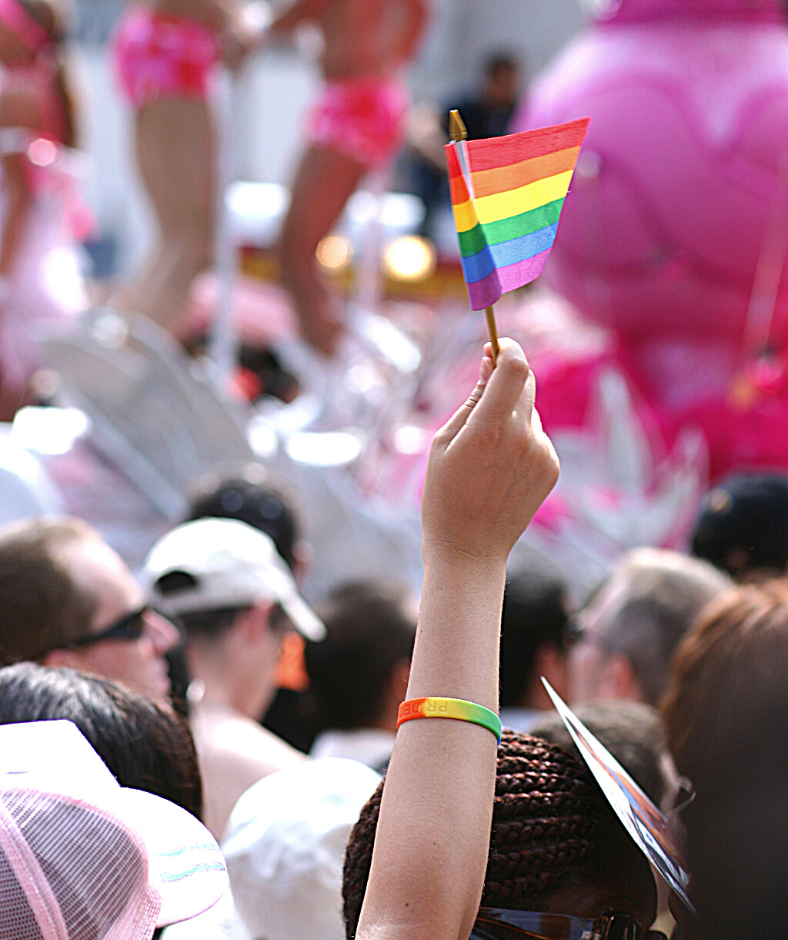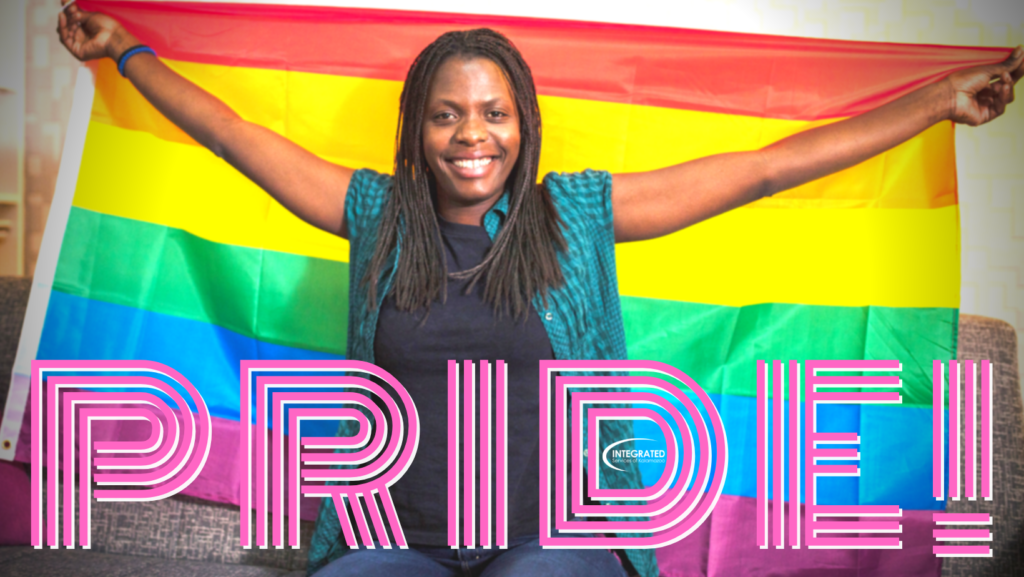Visibility matters
By Dustin Jepkema, LMSW (They/Them), Transition Facilitator at ISK
Note: Dustin is a member of TIROC (Trauma-Informed, Recovery-Oriented Community), which is ISK’s committee charged with leading the agency in developing an organizational culture that is trauma-informed, recovery-oriented, diverse, inclusive, and equitable for all. The committee is made up of diverse staff members who come from all departments and levels within the agency.
Every year in the month of June we celebrate Pride, an LGBTQ+ celebration of visibility and acceptance for the wonderful variety of gender identities and sexual orientations we have. June was chosen as Pride month because it was in late June of 1969 that the Stonewall Riots Occurred. Led by Black and Brown Trans women, the riots began a new chapter in LGBTQ+ history when the oppressed stood against the oppressors and said, “No more!”
Some of you are probably wondering why, during the month of June, everything seems “extra gay”! I have heard several times throughout my years, “I don’t have a problem with people being ______ (insert LGBTQ identity here), but why do they have to be so in your face about it?” or “why do they have to force this gay stuff on us every June?” Well, I am so glad you asked!

Being seen has profound significance. It means you have a place at the table.
Pride month is all about visibility and recognition. June is the time when we as a community say that we are here and we won’t go back into the shadows, into hiding, where we existed for so long. For many years being LGBTQ+ was criminalized, shamed, and being out put us in danger. People who were outed in their communities were often abandoned by their friends and family and sometimes physically and sexually harassed or even beaten and killed. When those individuals at the Stonewall Inn decided to fight back, they were saying “I am valid. I have a right to be here and be seen.”
For many the privilege of being seen and by default unquestionably being taken seriously as a person is not something they realize happens daily. Being seen has profound significance. It means you have a place at the table. It means you can be heard, and you can help to make decisions that affect you. So, when someone says “Why do they have to be so in your face about it” or “Why do we have to talk about all of this,” they are subconsciously perpetuating the oppression that LGBTQ+ people have experienced and continue to experience in the US. Visibility matters, and not the visibility that is palatable by the cisgender heterosexual community, but our type of visibility, in whatever way that we as a community and as individuals decide to be visible, because this is the month where we celebrate when we once were not seen and now fight to be seen every day.
Happy Pride Month!








